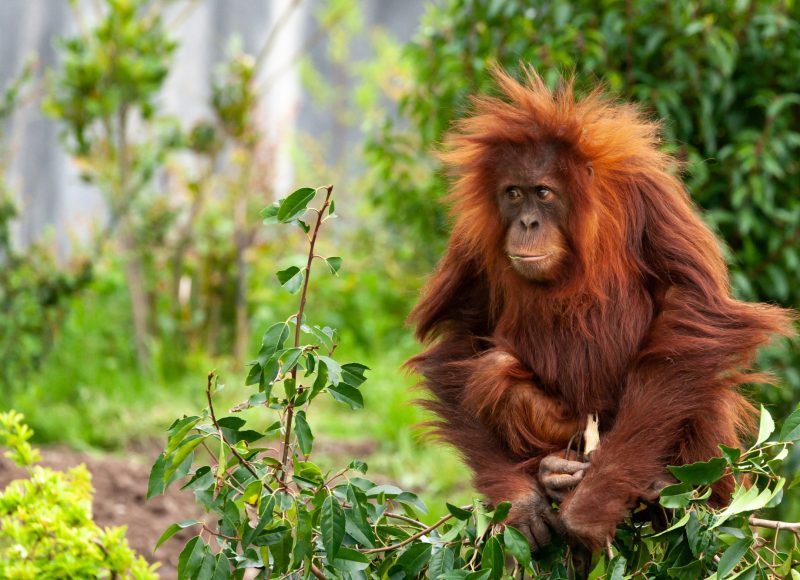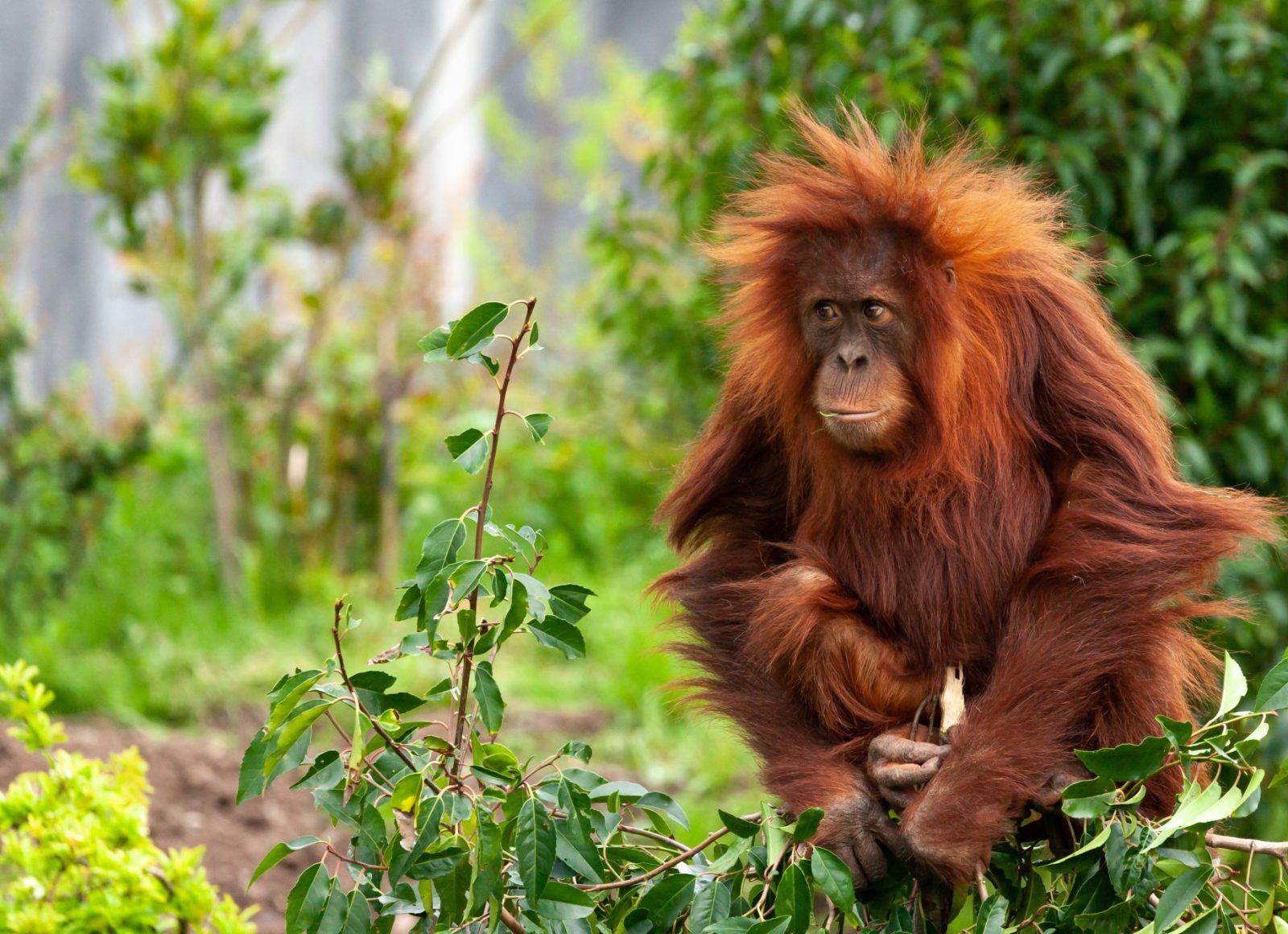Along the Kinabatangan River, in the Malaysian part of Borneo, the island’s remaining wild forests are currently broken up by vast palm oil plantations. Another threat to the island’s fragile fauna is the Chitala ornata, an invasive species of carnivorous fish that is spreading rapidly through the region.
To measure the impacts of these disruptions on local biodiversity, an expedition has managed, during the dry season, to access both the best preserved sections of the river and the zones most heavily impacted by the palm oil industry.
In the areas where palm oil plantations have taken over from natural forest, the samples collected turned out to be much poorer in species. …
The aim was to compare fish communities and detect the presence of invasive species and rare mammals in this region. Unsurprisingly, in the areas where palm oil plantations have taken over from natural forest, the samples collected turned out to be much poorer in species. Although some preserved sites revealed thanksto eDNA the presence of many mammals (e.g. two species of otter, Asian elephants and a rare species of pangolin), some were missing, such as the emblematic orangutan.
Right now the team is hoping to launch another expedition, during the rainy season this time, in order to access as many sites as possible and obtain a better overall view of the biodiversity present. And perhaps this time, they will pick up traces of DNA from the highly-symbolic great ape with a red coat.


